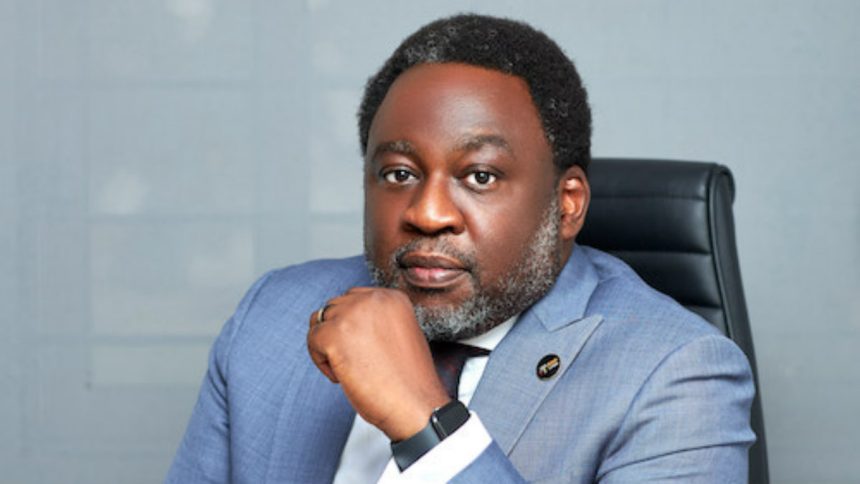At ₦14.85 trillion, Nigeria’s first-quarter GDP in 2025 showed a real growth rate of 1.75 per cent, with Lagos remaining the principal driver of output. The figure reflects a slowdown from 3.01 per cent in Q4 and 3.88 per cent in Q3 2024.
Commissioner for Economic Planning and Budget, Ope George, disclosed the numbers during a 2026 Budget Consultative Forum in Ikeja, noting that Lagos continues to anchor national economic momentum despite pressures from weakened consumer demand and broader macroeconomic headwinds.
The services sector contributed more than 90 per cent of total output but experienced softer growth. Industry sustained its rebound, supported by manufacturing, while agriculture returned to positive territory with gains in crops, livestock, and fisheries pointing to a more diversified Lagos economy.
Beyond core sectors, George revealed that Lagos was ranked the world’s fastest-growing tech city in 2025 by Dealroom, surpassing Istanbul, Pune, and Mumbai in enterprise value growth and startup resilience.
The state also received global recognition from Time Out, which ranked Lagos the 14th best city worldwide and second in Africa for nightlife. George said the challenge now lies in transforming nightlife into a structured economic sector that delivers tourism revenue, youth employment, and safer urban spaces.
Reaffirming Governor Babajide Sanwo-Olu’s THEMES+ agenda with a focus on gender equality, social inclusion, and youth empowerment the commissioner appealed to Lagos residents to strengthen internally generated revenue by paying taxes, stressing that budget performance depends on citizen contributions.
He also acknowledged the strain caused by fuel subsidy removal, highlighting measures such as discounted bus fares, CNG bus deployment, and free healthcare for children, the elderly, and pregnant women.
Closing the forum, Special Adviser on Economic Planning and Budget, Olalekan Balogun, commended stakeholders for shaping state policy through active participation. He assured residents that their feedback would inform the 2026 budget, ensuring more investments in housing, roads, water, healthcare, education, and job creation.



